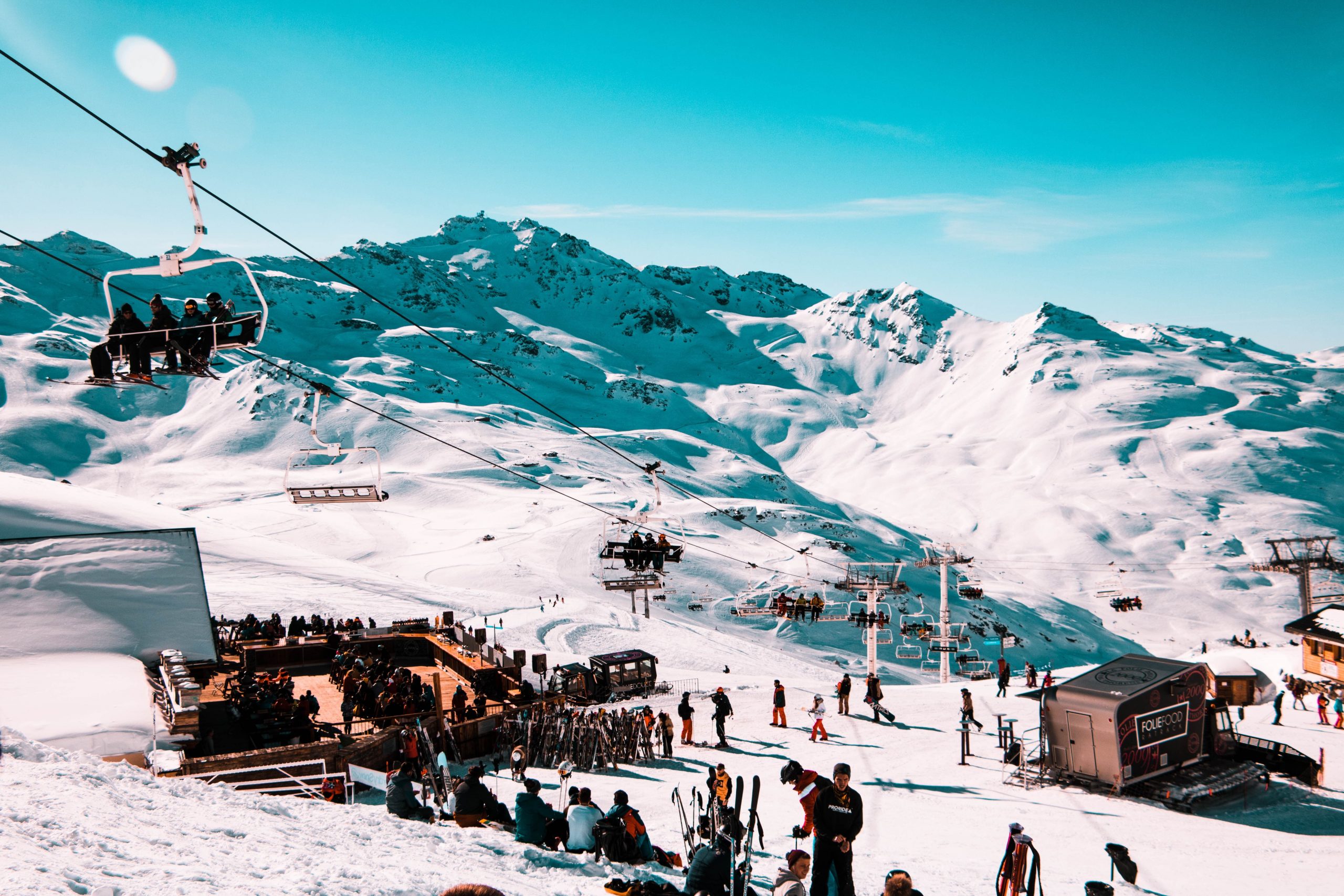Shipping container conversions and developments have been gaining popularity over the last decade. Shipping containers are built to withstand the toughest conditions on the planet and can stay up to all weather conditions. Furthermore, the use of shipping containers means that there is a reduced need for mining the earth for additional metals.
Making use of this tolerance to the elements is a new boutique ski lodge in Colorado, which has been constructed from 18 shipping containers, cleverly arranged to provide budget bunk-bed stays, or full-sized private villas, according to Business Insider.
While many shipping container developments are on a smaller scale, such as for home and working spaces, there are some larger projects, such as Stadium 974 in Qatar for the Fifa World Cup next year, and while The Pad in Silverthorne doesn’t use 974 shipping containers in its construction, it has certainly taken the concept to a new level.
The Pad ski lodge has been built on the site of an old dairy building and features 11 hostel-style dorm rooms and 24 private villas, some of which include a private balcony, providing views of the snow-capped mountains of the Rockies.
The hotel has been designed to ensure that the business is sustainable, and provides a purpose beyond simply making a profit, such as creating high-quality jobs for the region.
This sustainability and purpose have led the husband and wife team who manage the hotel to apply for B Corporation certification – businesses that meet the highest standards of verified social and environmental performance, public transparency, and legal accountability to balance profit and purpose – which is will gain after 12 months of business operations.
The design of the boutique hotel goes further with sustainability than just using used shipping containers in the construction. The old dairy building that was previously on the site was carefully deconstructed rather than demolished in order to salvage as much material as possible to reduce construction waste.
The salvaged parts can now be seen in the new building that has been strategically placed to allow heating of the common areas with passive sunlight.
All materials used in the construction were sourced from vendors who are trying to be sustainable in their works, and items like beds and mattresses and furniture were purchased locally to minimise the carbon footprint of transportation.
Food that is going to be served in the hotel is also made from local produce, and instead of using bottles, the bar will serve more tap drinks. All the waste from the restaurant and the bar will also be composted in partnership with a local conservation centre, the hotel claims on its website.
Budget travellers interested in hostels will find extra large twin bunks, a communal bathroom and kitchen, and storage lockers, while those who want a bit more privacy can opt for the ‘micro rooms’, which feature an extra-large bed, or a twin bunk-bed, and either a communal or private bathroom.
However, for those wanting more luxury, the most expensive option, the ‘deluxe private room’ suites, have a king bed, a sleeper sofa, a desk, a balcony with a view of the mountains, and a private bathroom.
If you’re looking for converted shipping containers, get in touch today.

